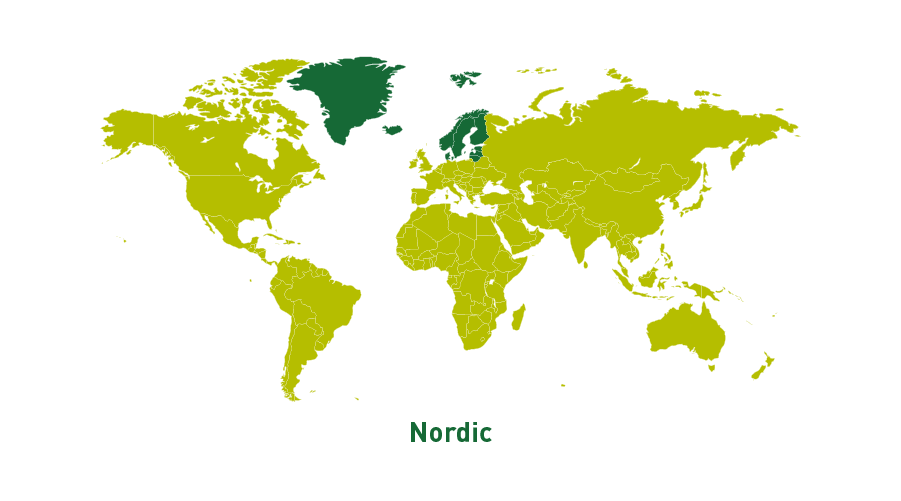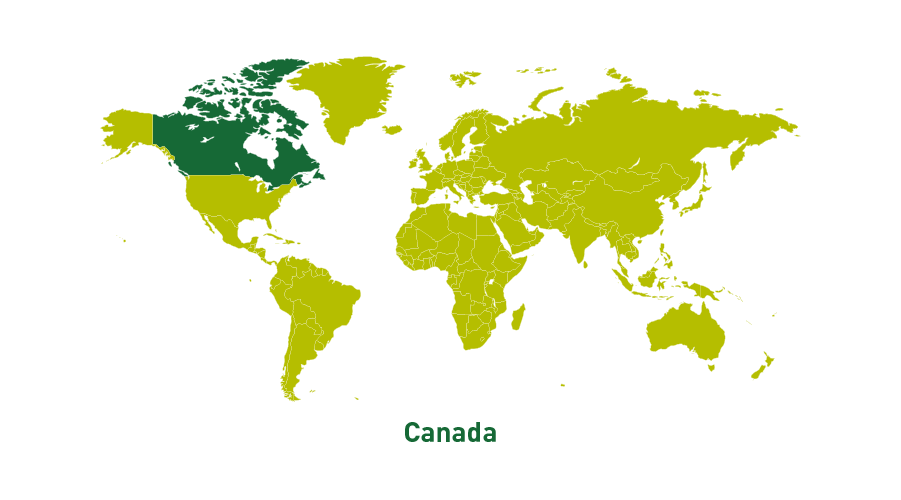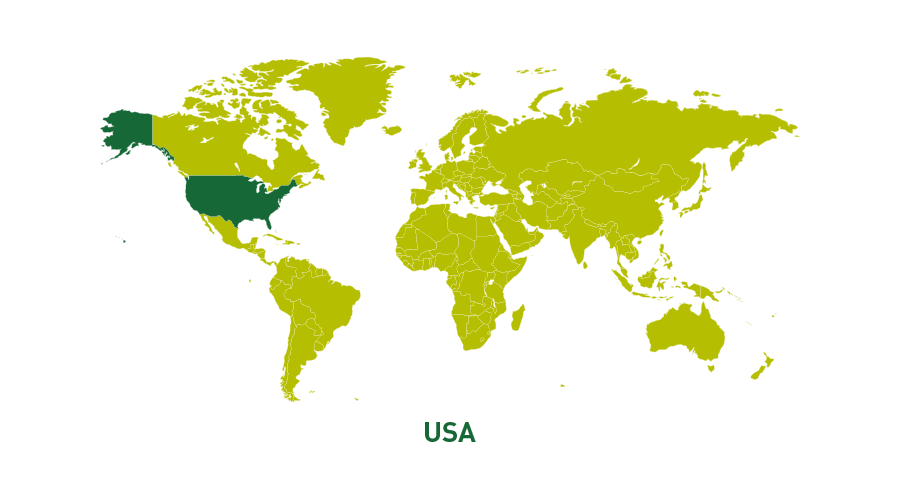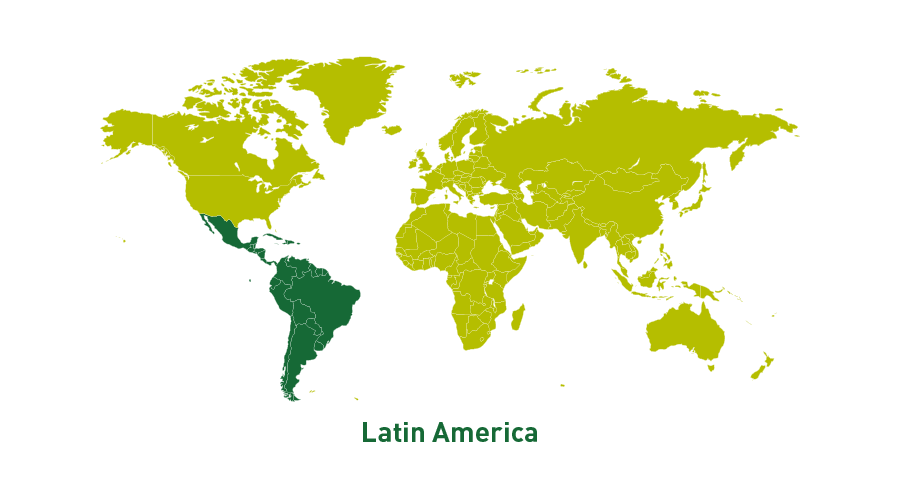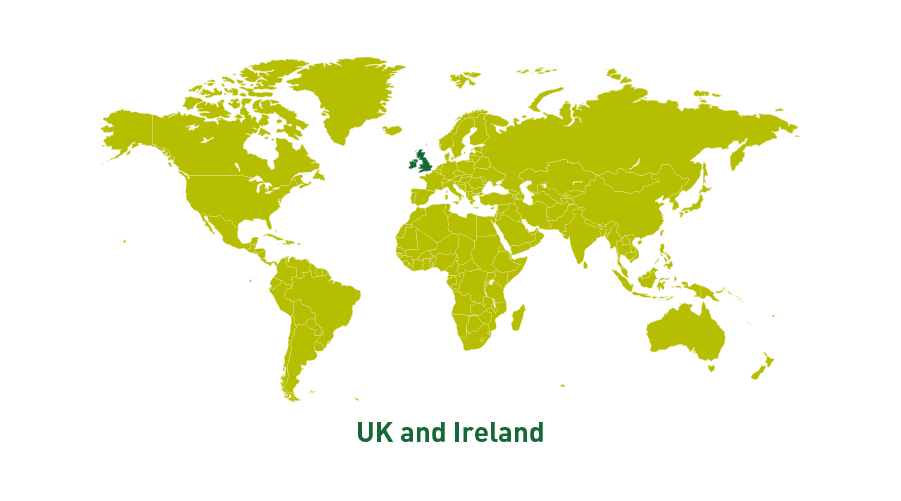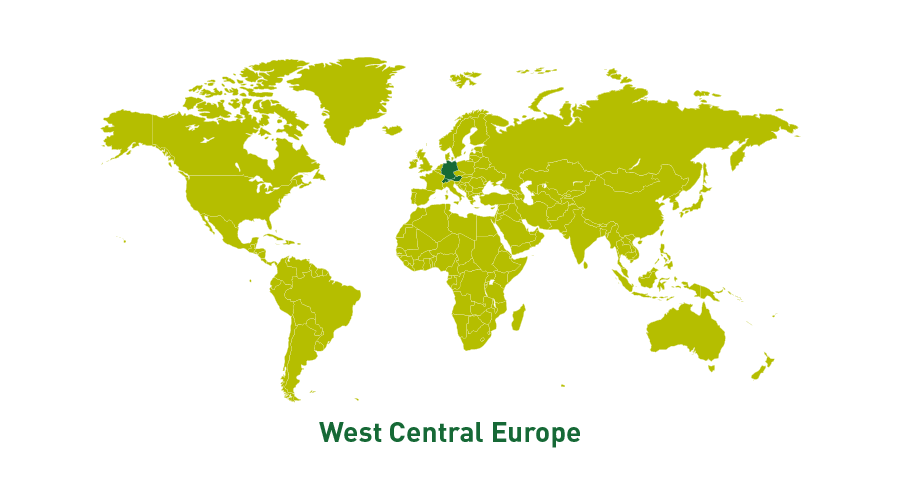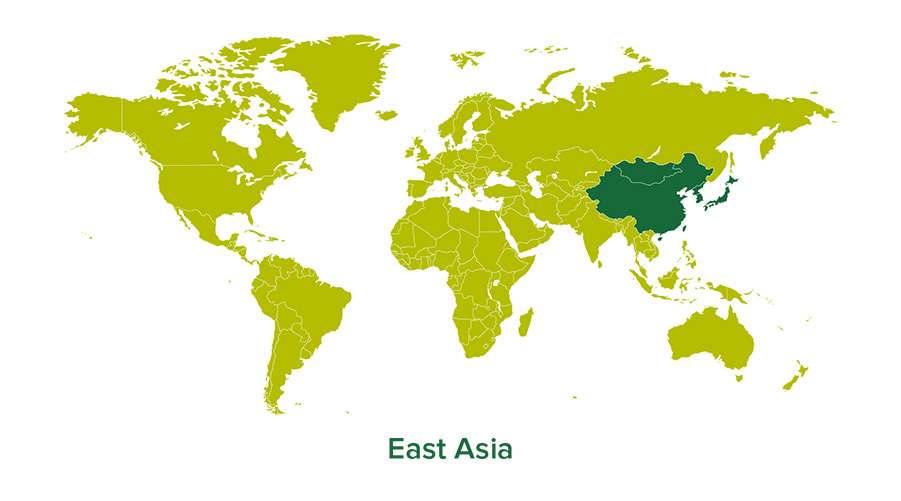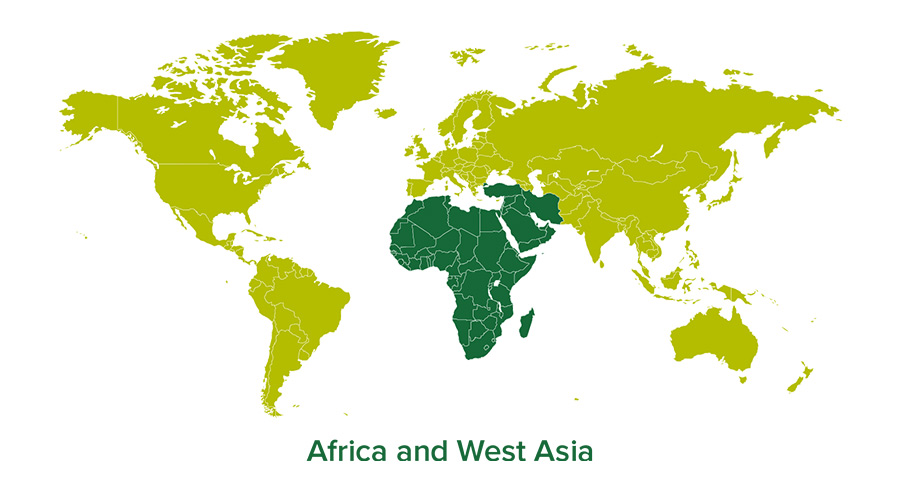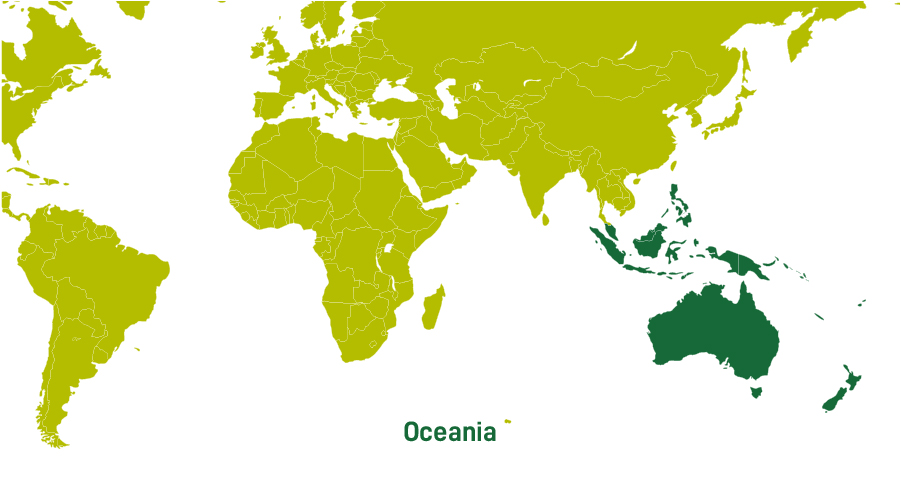Constitution of the ISAE
This version of the ISAE Constitution was adopted at the Annual General Meeting held on August 3, 2023.
1. The Name of the Society
The name of the Society shall be: "The International Society for Applied Ethology" (ISAE).
2. The Aims of the Society
These are: -
a. to encourage and support basic and applied research into the behaviour of animals as related to the use of animals by humans. This includes domestic, laboratory, zoo, companion, pest and captive animals or managed wild animals;
b. to stimulate the incorporation into practice of advances resulting from research into animal behaviour. This includes the application of results for the improvement of animal welfare, protection and legislation; standards for management and housing of animals; nature conservation; food security; and sustainable livestock production.
c. to provide an international forum in which scientists can communicate and discuss the results of the above research. This can be achieved by organising or encouraging scientific meetings and by encouraging scientific publications;
d. to encourage, where appropriate, links between applied animal behaviour science and other disciplines. This can be realised by encouraging presentations, discussions and publications and by maintaining contacts with appropriate scientific societies;
e. to encourage and support the teaching of animal behaviour in research and academic institutions, especially veterinary schools, departments of animal science and animal production, and departments concerned with laboratory or companion animals or captive wildlife;
f. to provide a pool of expertise to national governments, international bodies, industry and to those animal welfare organisations which deal with problems involving animal behaviour. To encourage, where possible and appropriate, the assimilation of scientific knowledge so as to facilitate its use in relation to practical problems concerning the way animals are kept and cared for.
The charitable purposes of the ISAE are the advancement of science, of education, and of animal welfare.
3. Structure and Administration of the Society
a. The structure of the Society consists of the Members, who appoint people from among their number to serve on the Council, and take decisions on changes to the constitution itself; and the Council, which manages the activities of the Society, and is responsible for monitoring and controlling the financial position of the Society. The people serving on the Council are referred to in this constitution as Council Officers.
b. The Society has power to do anything which is calculated to further its purposes or is conducive or incidental to doing so. No part of the income or property of the ISAE may be paid or transferred (directly or indirectly) to the members – either in the course of the Society’s existence or on dissolution – except where this is done in direct furtherance of the charitable purposes of the ISAE.
c. The affairs of the Society shall be vested in the Council, which is an administrative body of people, elected by the members of ISAE, formally constituted, and meeting regularly. The Council consists of Council Officers, who are the Honorary President, the Honorary (Hon.) Senior Vice-President, the Hon. Junior Vice-President, the Hon. Secretary, the Hon. Assistant Secretary, the Hon. Membership Secretary, the Hon. Treasurer, the Hon. Communications Officer, the Hon. Assistant Communications Officer, the Hon. Senior Editor, the Hon. Junior Editor, the Hon. Development Officer, the Hon. Ethics Officer and the Hon. Procedural Advisor. These Council Officers are the trustees of the Society and have the right to vote in Council with one vote each. Council shall have powers to co-opt other Council members as deemed necessary, who shall then be non-voting Council members. All Officers and members of Council shall be members in good standing of ISAE.
d. No Council Officer may serve as an employee (full time or part time) of the Society; and no Council Officer may be given any remuneration by the Society for carrying out his/her duties as a Council Officer. The Council Officers may be paid travelling and other expenses reasonably incurred by them in connection with carrying out their duties; in special cases this may include expenses relating to their attendance at meetings.
e. Each year the Society will hold an Annual General Meeting (AGM) at which all members of ISAE in good standing are entitled to have due notice, to be present, and to vote. Council may decide to hold additional General Meetings (GM) if necessary. Council can decide to hold the AGM or GM (partly or completely) in a virtual format, that is by use of a video-conference platform that allows for free access for all members. A quorum for an AGM shall consist of no less than twenty members present (either physically or virtually). For each vote taken, a member has one vote; and any voting, other than for Constitutional amendments, shall be by majority. Council can decide to make use of an online-voting system, instead of, or in addition to, the votes cast during the meeting. At the AGM, or, in exceptional cases, another GM, the Hon. President, the Hon. Junior Vice-President, the Hon. Senior Vice-President and the other Council Officers shall be elected. The Hon. President, the Hon. Junior Vice-President and the Hon. Senior Vice-President shall serve for a maximum of two years. The Hon. Senior Editor and the Hon. Junior Editor shall normally serve for a maximum of two years. Other Council Officers shall normally serve for a maximum of four years. The minutes of the AGM will be recorded, and subsequently made available to the members on the ISAE website.
f. Each Council Officer has a duty to act in the interests of ISAE, and must seek, in good faith, to ensure that the Society acts in a manner which is in accordance with its purposes. In circumstances giving rise to the possibility of a conflict of interest between ISAE and any other party, each Council Officer must put the interests of the Society before that of the other party. Where any other duty prevents him/her from doing so, a Council Officer must disclose the conflicting interest to the Council and refrain from participating in any decision of the other Council Officers with regard to the matter in question.
g. A Council Officer will cease to hold office if he/she i) gives the Society a written notice of resignation; ii) becomes incapable for medical reasons of carrying out his/her duties as a Council Officer for a period that has continued (or is expected to continue) for more than six months; iii) ceases to be a member of ISAE; iv) is absent (without good reason, in the opinion of the Council) from more than three consecutive Council Meetings and the Council resolves to remove him/her from office; or v) is removed from office by resolution of Council on the grounds that he/she is considered to have committed a material breach of the Constitution or the Code of Conduct; or to have been in serious or persistent breach of his/her duties.
h. Any elected Council Officer who, for any reason, takes over the unexpired term of an elected Council Officer shall only serve the unexpired period of that term, but will be eligible for immediate election following the expiration of the unexpired term which was taken over.
i. An unscheduled vacancy in any Council Officer position other than that of Hon. President shall be filled by a person appointed by the Hon. President. If for any reason the office of Hon. President becomes vacant before the end of the two-year term, the Hon. Junior Vice-President shall serve for the remainder of the Presidential term and shall be eligible for election as Hon. President for a period immediately following the expiration of the remainder of that term.
j. The Council shall meet at least once a year immediately prior to the AGM. A quorum shall consist of not less than 5 Council Officers, one of whom should be one of the three Presidents. The minutes of the Council Meetings will be recorded and stored by the Secretary following approval by the Council.
k. The Council shall appoint Regional Secretaries. The Council shall take suitable steps towards satisfying itself that the Regional Secretaries are persons who will be likely to express the views of ISAE members in their region. Regional Secretaries will be eligible to attend meetings of the Council but shall not have a vote on Council. Regional Secretaries should maintain good contacts between the members in their regions and other members of the Society.
l. A registered accountancy firm will be employed annually to independently examine
the ISAE accounts prior to reporting to the Scottish Charity Regulator.
4. Membership
b. The name, qualifications and personal statement of each candidate should normally be submitted via the online application form available on the ISAE website. A proposer and a seconder, of whom at least one must be a paid-up member of the Society and one of whom must have personal knowledge of the candidate, must endorse all applications. The candidates must declare that they agree to abide by the ISAE Constitution and Code of Conduct. Election shall be by approval of the Council.
c. Newly elected members shall not be entitled to any of the privileges of the Society until they have paid the due subscription. If such payment has not been made before 1 June next following their election, such election shall be deemed null and void.
d. When the subscription due from any member of ISAE remains unpaid after 1st June, membership of the Society shall cease and the member’s name shall be deleted from the Register of Members of ISAE. A member can at any point withdraw their membership by informing the Membership Secretary in writing. No refund will be made of subscription paid.
5. Corporate Membership
Corporate membership entitles an approved organisation to receive information normally distributed to members and to send two representatives to ISAE meetings under the same terms as ordinary members. Such Corporate Member Representatives shall have no power to vote and may not hold any position on Council. Corporate membership does not entitle organisations to reduced-rate subscriptions to Applied Animal Behaviour Science.
6. Honorary Fellows
a. Persons of eminence in the field of the aims of the Society shall be eligible for election as Honorary Fellows by the Council.
b. Proposals for an Honorary Fellowship shall be submitted in writing to the Hon. Secretary stating the reasons why the candidate is considered eligible for election together with a short description of the candidate.
c. Honorary Fellows shall not be required to pay an annual subscription.
7. Subscriptions
The minimum annual subscription shall be such sum as is decided from time to time by the Council and ratified at the next AGM following the Council decision. Such sum shall be payable on election and thereafter annually and in advance on 1 June each year. Subscriptions are non-refundable and non-transferable.
8. Meetings
An International Congress should be held at least once a year. The Council shall also encourage the organisation of regional and other meetings. The Council shall decide on rules for the conduct of all meetings. At Council’s discretion, small losses (up to GBP 3000) may be covered by the Society. ISAE may, in exceptional circumstances (e.g. the cancellation of the congress), cover any loss a congress may have up to a maximum of GBP 10,000 or half of the Society’s reserves, as determined annually in the Treasurer’s report to the AGM, whichever is less.
9. Electronic 'Meetings'
a. Electronic discussions (meetings) between Council Officers are permitted. Such "meetings" rank equally with "meetings" at which the persons are physically present. Such "meetings" may be held using email, web-based message boards, video- or tele-conferencing, other electronic formats or combinations of such formats. The Hon. Secretary must ensure that all persons entitled to take part are informed in good time of the agenda. A Council Officer is deemed to be taking part once the Hon. Secretary has received a reply from the Officer of his or her participation in the meeting. The quorum and the recording of the minutes shall be as in Clause 3j above.
b. If the Hon. President decides that a vote be taken during an electronic, text-based meeting, Council Officers must register their vote by email direct to the Hon. Secretary in such a way that their vote is not revealed to other Council Officers; alternatively, online-voting tools can be used. Once the Hon. Secretary forms the opinion that all those entitled to vote have voted, and has allowed for differences in time-zones, the result of the vote may be revealed.
c. Standing committees and any special committees of ISAE can similarly hold electronic "meetings" provided such are held under similar terms as the electronic meetings of Council.
10. Amendments to the Constitution
The Hon. Secretary must receive any Notice(s) of Motion to amend the Constitution not less than 3 weeks before the date of the Annual General Meeting (AGM). Details of the Motion to be proposed shall be made available to all ISAE members via the ISAE web-site and in writing to members attending the AGM or the GM, respectively. A proposer and a seconder, both of whom shall be members in good standing of the Society, must endorse any amendment to the Constitution. The amendment will be voted upon among the members present at the AGM or GM, and will be passed if two-thirds or more votes are in favour of the amendment.
11. Dissolution
In the event that ISAE for whatever reason becomes unable to continue its activities, notice of intent to dissolve shall be sent to all members. Once such notice has been received the dissolution may be ratified by a majority decision of those entitled to vote. Any funds held by ISAE at that time may be transferred to an organisation having similar aims to ISAE under the CY-PRÈS equitable rule. That is the funds may be used as near as may be practical or reasonable in accordance with the aims of ISAE as outlined in Clause 2 above. The dissolution process will be carried out in accordance with the procedures set out in the Charities and Trustee investment (Scotland) Act 2005.











